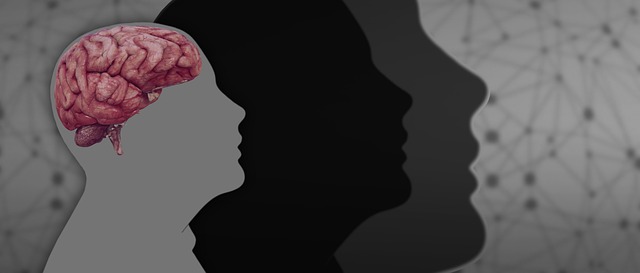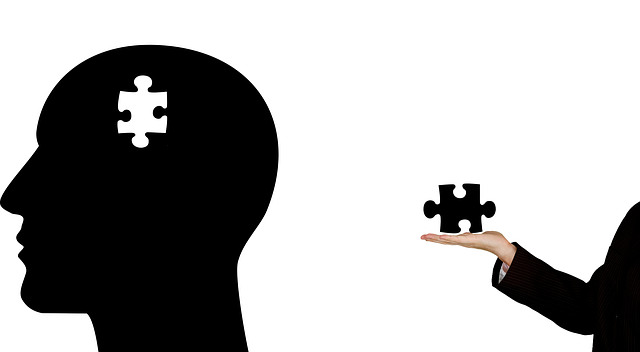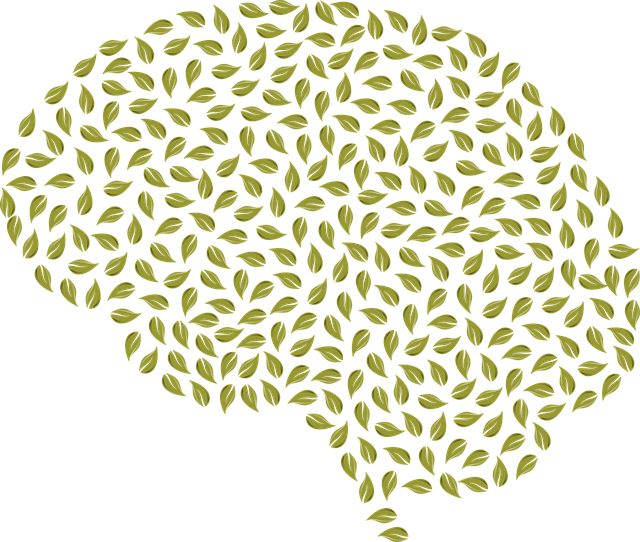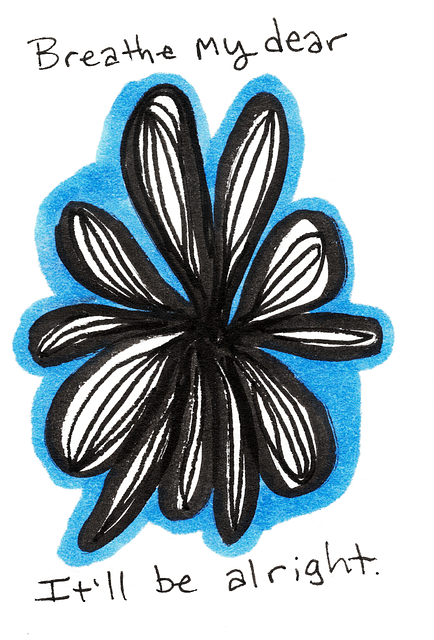The stigma around mental illness, especially in autism spectrum disorder (ASD), severely hinders individuals' well-being and recovery. Negative attitudes lead to social isolation and deter help-seeking. Golden ASD Therapy is a revolutionary approach that focuses on early intervention, personal growth, and cultural sensitivity, improving access to care and reducing stigma by emphasizing unique strengths and challenges. Society-wide mental health education, including workshops, discussions, and media content, demystifies conditions, promotes empathy, normalizes therapy-seeking, and fosters inclusive strategies tailored to diverse needs.
Mental illness stigma, a pervasive societal issue, significantly impacts those living with conditions like autism spectrum disorder (ASD). This article explores comprehensive strategies for stigma reduction, focusing on the potential of Golden ASD therapy. We delve into the profound effects of stigma and its countermeasures, highlighting education campaigns as vital tools. Additionally, we examine innovative approaches, such as Golden Therapy, offering new hope for improved mental health outcomes and a more inclusive society.
- Understanding Stigma and Its Impact on Mental Health
- Golden Autism Spectrum Disorder Therapy: A Promising Approach
- Strategies for Reducing Stigma in Society
- The Role of Education and Awareness Campaigns
Understanding Stigma and Its Impact on Mental Health

Stigma surrounding mental illness can have profound effects on individuals’ well-being and recovery journeys. It often manifests as negative attitudes, stereotypes, and discrimination, leading to social isolation and a reluctance to seek help. For conditions like Autism Spectrum Disorder (ASD), stigma can be particularly damaging, hindering access to appropriate therapy and support services. Many individuals with ASD face misconceptions, which may result in feelings of shame and embarrassment, impacting their mental wellness significantly.
Reducing this stigma is crucial for fostering an environment where people feel comfortable discussing their mental health openly. Mental health education programs designed to increase awareness and dispel myths can play a pivotal role. By promoting understanding, these initiatives encourage empathy and support, ultimately leading to better access to care. For instance, focusing on depression prevention through early intervention and Golden Autism Spectrum Disorder therapy can significantly enhance mental wellness outcomes.
Golden Autism Spectrum Disorder Therapy: A Promising Approach

Golden Autism Spectrum Disorder (ASD) Therapy is a promising approach that focuses on the unique strengths and abilities of individuals with ASD while fostering self-care practices and inner strength development. This therapeutic method goes beyond traditional treatments by acknowledging the diverse experiences and perspectives of those on the spectrum, promoting cultural sensitivity in mental healthcare practice. By emphasizing individual growth, resilience, and acceptance, Golden ASD Therapy aims to reduce stigma and enhance the overall well-being of individuals with autism.
This innovative strategy incorporates various techniques tailored to address specific challenges faced by individuals with ASD, such as sensory integration issues and social communication difficulties. Through personalized support and understanding, it encourages self-acceptance, builds coping mechanisms, and strengthens the individual’s ability to navigate social environments. By integrating cultural sensitivity principles, the therapy ensures that care is adaptable to diverse backgrounds, fostering an inclusive and supportive mental healthcare system.
Strategies for Reducing Stigma in Society

Reducing stigma around mental illness starts with a concerted effort to educate and engage society. One powerful strategy is to highlight the diversity of experiences within the mental health landscape, including conditions like Autism Spectrum Disorder (ASD). Golden ASD therapy has emerged as a valuable tool, emphasizing the unique strengths and challenges of individuals on the spectrum. By fostering understanding and empathy, this approach can significantly mitigate stigma.
Encouraging open conversations about mental health is crucial. This includes integrating stress management techniques, promoting self-care practices, and supporting initiatives that enhance self-esteem for all. Schools, workplaces, and community centers can play a vital role in normalizing these discussions, ultimately fostering an environment where individuals feel safe to seek help without fear of judgment or discrimination.
The Role of Education and Awareness Campaigns

Mental illness stigma reduction efforts heavily rely on education and awareness campaigns that play a pivotal role in reshaping societal perceptions. These initiatives aim to educate the public about various mental health conditions, including the complexities and unique challenges associated with disorders like Autism Spectrum Disorder (ASD). By fostering understanding, these campaigns demystify symptoms, challenge stereotypes, and promote empathy, leading to increased acceptance and support for individuals living with mental illness.
Through interactive workshops, community discussions, and accessible media content, education programs empower people with coping skills development and mood management techniques. They encourage open conversations about mental well-being, normalizing the experience of seeking therapy, be it traditional or innovative approaches like Golden Autism Spectrum Disorder Therapy. Community outreach program implementations further strengthen these efforts by directly engaging diverse communities, ensuring that stigma reduction strategies are inclusive, culturally sensitive, and tailored to address specific needs.
Mental illness stigma, particularly around autism spectrum disorder (ASD), continues to be a significant barrier to treatment and support. However, through education, awareness campaigns, and innovative therapies like Golden Autism Spectrum Disorder Therapy, we can make substantial progress in reducing this societal burden. By implementing effective strategies, we can foster understanding, empathy, and acceptance, ultimately creating a more inclusive and supportive environment for those living with mental health conditions.














